The new Ghostbusters film has been incredibly controversial, for two reasons. The first reason is obvious: it’s a reboot of a classic film that people are worried will be ruined. A fair concern, and totally understandable, given how reboots have been done in recent years. But the second reason is the a modern problem, which is that they have chosen to recast the main characters as all women.
My initial reaction when I learned about this movie was “Hell yeah!” even as many (primarily male) fans were crying out for help against this “feminist agenda”. I was so glad that any company was brave enough to do it, and it seemed like a real move forward at first. This was before I realized, of course, that so many of the fans were absolutely outraged by the fact. I thought, as a writer myself, that it was an interesting quirk and a great way to make the reboot their own; had it been just a new remake of the old Ghostbusters movie, that would have been far worse and blatantly unoriginal.
The news surrounding the film, though, seemed to get worse and worse. The first trailer came out and it wasn’t spectacular. In fact, it really looked like a poorly written CGI mess. I began to worry that the movie wasn’t going to be good, and was upset because I was sure that many of those complaining fans would attribute the poor quality of the movie to the fact that they made women the main characters rather than to anything actually wrong with the cinematography. The later trailers improved upon the first immensely, but I was still cautious.
But then I decided to see the movie. I thought, you know what? This was a movie that meant so much to a lot of feminists, to a lot of women, and it boasts a majority-women cast. That alone meant a lot to me. (Not to mention that it got me out of the house.) Then, I saw the movie. It was a goofy, amusing, free style movie about a crazy gang of women. It was as good as one could have expected from a comedy, and while it didn’t match up to the old Ghostbusters, it was definitely not bad. It wasn’t the exceptional quality of a movie like Captain America: Civil War, certainly. It was about what anyone would expect from a comedy, and a reboot of an old classic. But I enjoyed it. There were a lot of good jokes, some very funny, at least two good girl on girl ships, and a whole lot of great acting.
The one thing, though, that made the movie most worth it, was the little girl that was sitting next to me. Throughout the movie she whispered to the father that brought her about how amazing it was, about how there were girls in it, and other excited things. She was so incredibly happy. During the end credits scene, which is a dance scene (it makes sense in context), she stood up and danced her way through the entire thing. I didn’t even mind, because it just made me so happy to see her so elated at seeing other girls in the movie. There have been those pictures of the actresses talking to young girls, all of which are touching and I totally adored, but there’s nothing quite like watching it touch a little girl for yourself.
I couldn’t help thinking that that’s what feminism is for. There’s a hundred debates you could have about the kind of feminists on the internet, what feminism really stands for, the different issues we discuss and their importance, but for me it’s all just about that little girl and her generation. Those girls, and their daughters, and their daughters’ daughters, all feeling like they have their own place in the world, a clear symbol from television and movies of what they could be. Popular culture like movies have become such a drastic part of our lives. We consume them nonstop. When women aren’t portrayed in a variety of roles, young girls start to think that the sorts of things women are stereo-typically seen as are all that women can do. I want that little girl to grow up believing she can be anything, do anything – she can be the smart Erin, the crazy Holtz, the flamboyant Patty, or the enthusiastic Abby. Or, that she can be all of them at the same time.
Recently, I was discussing with a nerdy coworker of mine the Ghostbusters movie. It wasn’t a lengthy conversation, but it began with ‘So have you seen the new Ghostbusters yet’? To which he responded, basically, that he had no interest in seeing it. He said that he had heard that it ‘really pushed the feminist agenda’, as well as commenting on the male characters in it and their obvious stupidity. We were working, so I didn’t have time to explain it to him, but the idea that it pushes the feminist agenda, so to speak, is ridiculous on so many levels. To start, what’s wrong with pushing a feminist agenda? Feminism is a good cause in many ways, and though there are problematic people that can be vocal, at its heart there are the real feminists who believe in true equality. The ‘feminist agenda’ only fights to make that equality a reality.
But the movie didn’t even push any kind of feminist agenda. My coworker said something along the lines of ‘it’s so great that Ghostbusters is all about feminism now’, clearly annoyed. But it really wasn’t. While behind the scenes the movie clearly had feminist intent, the actual movie itself didn’t really talk much about feminism or women. It made a few jokes regarding their gender, or their assistant’s, but other than that they don’t make a point of trying to send a feminist message. It just happens to be four women being the Ghostbusters, doing exactly the same thing four men would be doing had they rebooted it that way.
The public takes this all female main cast /as/ a feminist push, which is an inherent problem in our society. It is a feminist thing to do, but it’s not nearly as drastic as it’s made out to be. There could be an all female cast in a big movie and the movie could still be terribly sexist. The fact that just /having/ women in something is seen as an aggressive push against men – and not just sexism, all men – is a problem. Women are not a problem just because they exist.
All in all, I enjoyed the movie. It was the first of its kind, something to show that having an all female main cast for a blockbuster comedy could really be done, and could make money without being something stereo-typically feminine. I look forward to whatever movie chooses to follow in its brave footsteps.

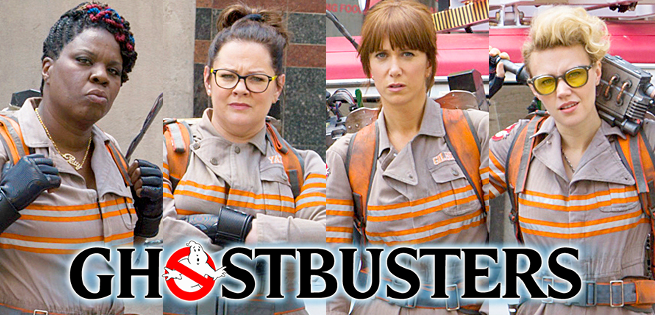
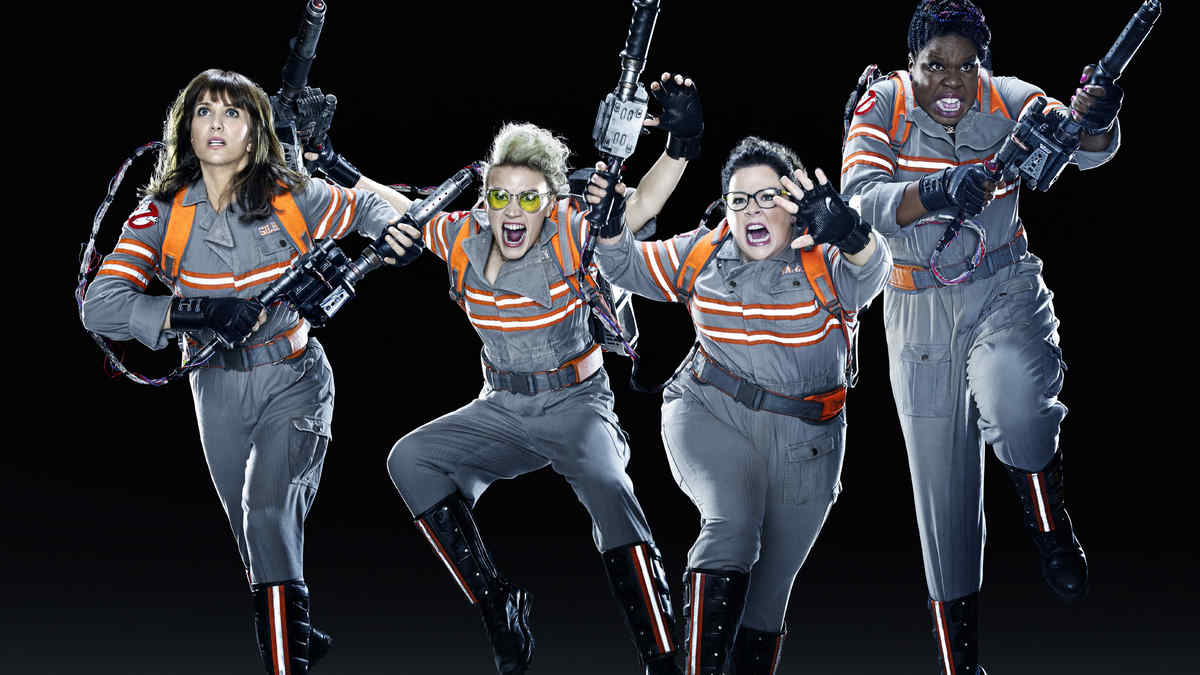
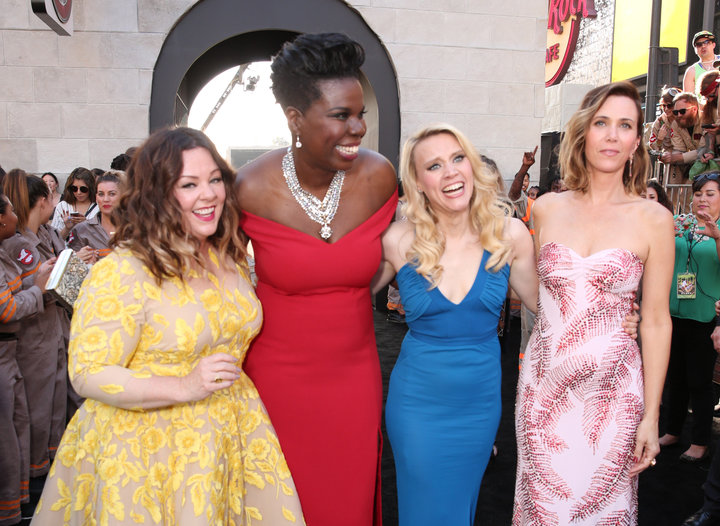
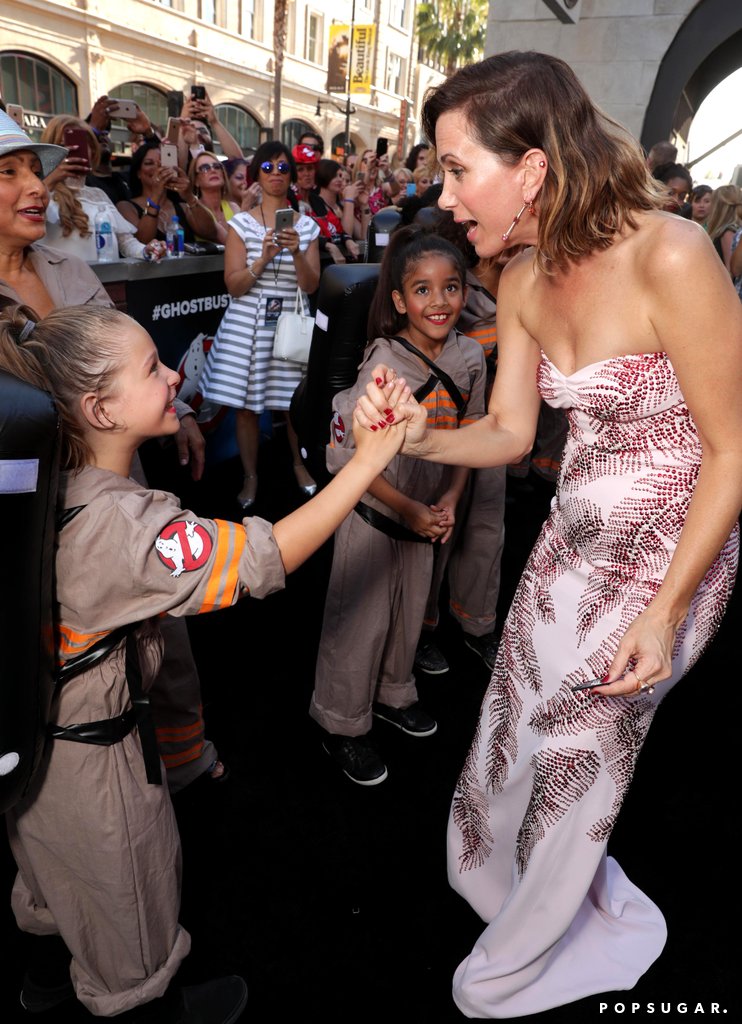
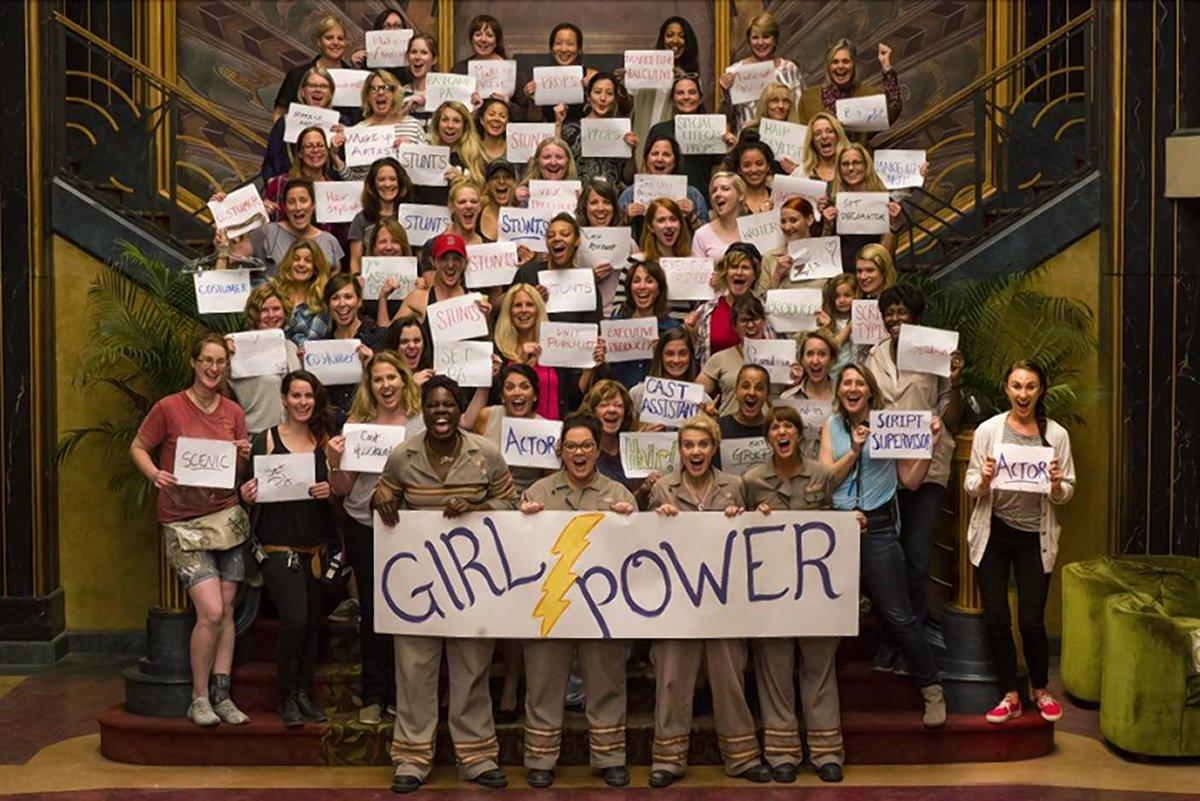

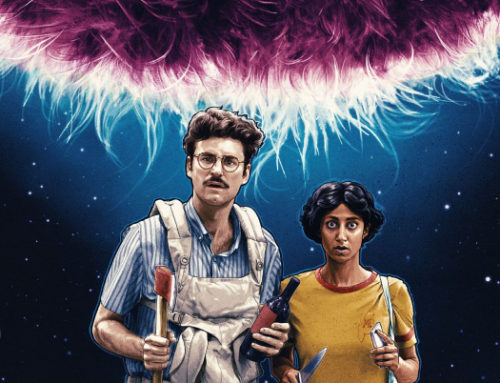

Preach!